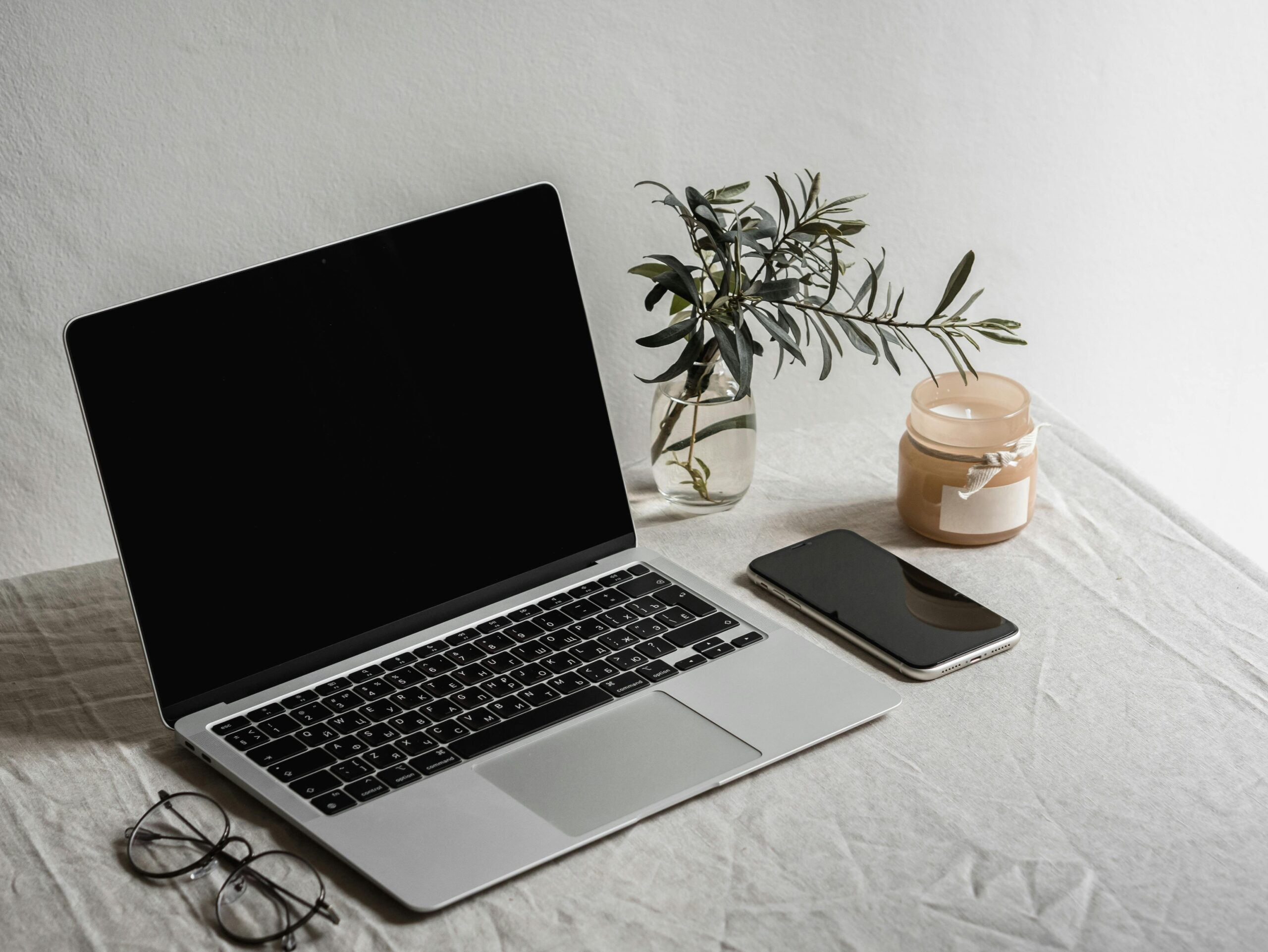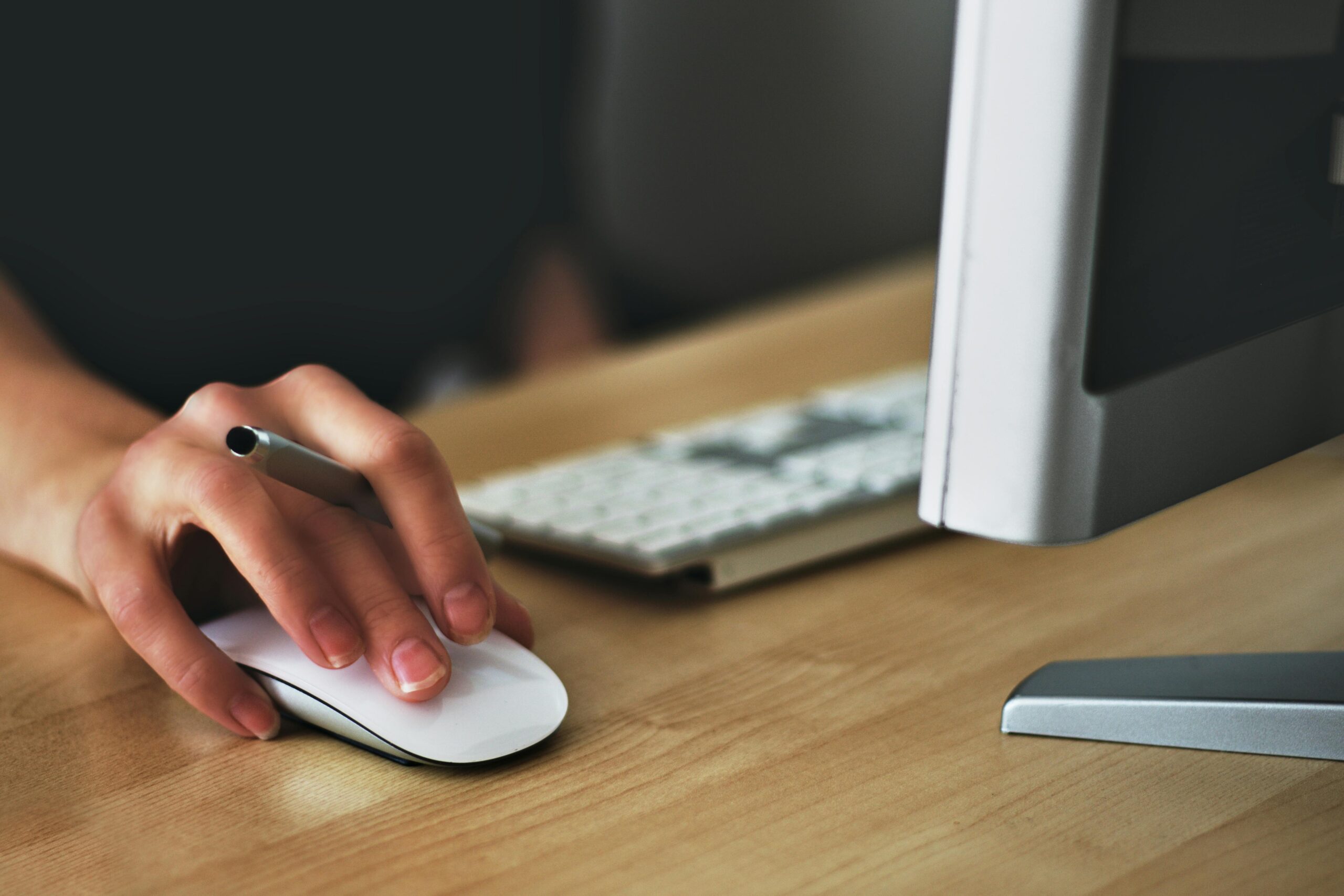JULY 15, 2024
Boost Your Productivity with an Effective Study Routine
Do you need help to stay on top of your studies?
Do you find yourself overwhelmed with assignments and deadlines?
Creating a well-structured study routine can be a game-changer for students looking to boost their productivity and achieve academic success.
An effective study routine helps you manage your time better and enhances your focus, retention, and overall performance.
In this blog post, we’ll help you Boost Your Productivity with an Effective Study Routine.
So, say goodbye to last-minute cramming and hello to a more organized, productive, and stress-free study experience!
Step-by-step guide to creating a study routine that will boost productivity
Creating a study routine that boosts productivity involves several key components.
Here are steps to help students build an effective and sustainable study routine:
Set Clear Goals:
Define specific, measurable, achievable, relevant, and time-bound (SMART) goals for what you want to accomplish. This helps you stay focused and motivated.
Understand Your Learning Style:
You need to determine whether you are a visual, auditory, reading/writing, or kinesthetic learner.
Tailor your study methods to fit your learning style for better retention.
Create a Study Schedule:
Plan your study sessions at times when you are most alert and productive.
Use a planner or digital calendar to schedule specific study blocks, including start and end times.
Include short breaks (5-10 minutes) after 25-30 minutes of studying (Pomodoro Technique).
If you want a guide on how to create a study schedule, you will find everything you need in our post How to create a study schedule with a free template.
Prioritize Tasks:
You should list your tasks and prioritize them based on deadlines and importance.
Tackle the most challenging or important tasks first when your energy levels are highest.
Set Up a Study Environment:
Choose a quiet, well-lit, and comfortable place free from distractions.
Keep your study space organized and have all necessary materials within reach.
Use Active Learning Techniques:
Engage with the material through summarizing, questioning, teaching others, or applying concepts to real-life situations.
Use tools like flashcards, mind maps, and practice quizzes to reinforce learning.
Stay Consistent:
Stick to your study schedule as consistently as possible to build a habit.
Review and adjust your schedule periodically to ensure it remains effective.
Incorporate Different Subjects:
Alternate between different subjects or types of tasks to maintain interest and reduce mental fatigue.
Take Care of Your Health:
Make sure you get enough sleep, eat nutritious meals, and exercise regularly.
Take breaks to relax and recharge, especially during long study sessions.
Track Progress and Reflect:
Keep a study journal to track your progress and reflect on what works and what doesn’t.
Celebrate small achievements to stay motivated.
A Sample Study Routine
Morning:
7:00 AM – Wake up and have breakfast
8:00 AM – Review notes from previous day’s classes
8:30 AM – Study Session 1 (Subject 1)
9:00 AM – 5-minute break
9:05 AM – Study Session 2 (Subject 1)
Midday:
10:00 AM – 15-minute break
10:15 AM – Study Session 3 (Subject 2)
10:45 AM – 5-minute break
10:50 AM – Study Session 4 (Subject 2)
11:30 AM – Take a longer break, have a snack, and relax
Afternoon:
1:00 PM – Review and summarize morning study sessions
1:30 PM – Study Session 5 (Subject 3)
2:00 PM – 5-minute break
2:05 PM – Study Session 6 (Subject 3)
Evening:
3:00 PM – Review and do practice questions
3:30 PM – Take a break, exercise, or have free time
5:00 PM – Review notes and prepare for the next day
6:00 PM – Dinner and relaxation
8:00 PM – Light review or reading
9:00 PM – Wind down and prepare for bed
Adjust this routine based on your personal needs, class schedule, and energy levels. Consistency and regular evaluation of your study habits will help you stay productive and achieve your academic goals.
Short Productivity Questionnaire
To help you tailor a study routine that maximizes your productivity, take a moment to reflect on your current habits and preferences by answering the following questions:
When are you most alert and focused during the day?
a) Early morning
b) Late morning
c) Afternoon
d) Evening
e) Night
What is your preferred learning style?
a) Visual (e.g., diagrams, charts, videos)
b) Auditory (e.g., lectures, discussions, podcasts)
c) Reading/Writing (e.g., textbooks, notes)
d) Kinesthetic (e.g., hands-on activities, experiments)
How long can you focus on a single task without feeling distracted or fatigued?
a) 15-20 minutes
b) 25-30 minutes
c) 45-60 minutes
d) More than 60 minutes
What are the biggest distractions that interrupt your study sessions?
a) Social media and phone notifications
b) Noise and interruptions from others
c) Cluttered or uncomfortable study environment
d) Lack of interest in the subject matter
How do you usually feel after a study session?
a) Energized and accomplished
b) Neutral, it was just another task
c) Tired but satisfied with the progress
d) Frustrated and unproductive
Use your answers to these questions as a foundation for creating a study routine that aligns with your natural rhythms, preferences, and needs. This personalized approach will help you stay focused, reduce stress, and enhance your academic performance.
Conclusion
Creating a study routine that maximizes productivity is an essential skill for students aiming to excel academically.
By setting clear goals, understanding your learning style, and crafting a detailed schedule, you can make the most of your study time.
Prioritizing tasks, maintaining a conducive study environment, and employing active learning techniques will further enhance your efficiency.
Consistency, along with regular reflection on your progress, ensures that your routine remains effective and adaptable to your needs.
Remember, a productive study routine is not just about hard work but also about smart work.
Incorporating breaks, taking care of your health, and balancing different subjects will keep you motivated and reduce burnout.
Celebrate your achievements, no matter how small, and stay committed to your routine.
With these strategies, you’ll be well on your way to academic success and a more fulfilling learning experience.
Important: This post is for informational and educational purposes only. This post should not be taken as therapy advice, financial advice or used as a substitute for such. You should always speak to your own therapist or financial advisor before implementing this information on your own. Thank you!



